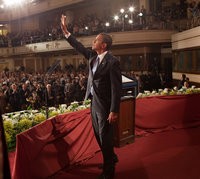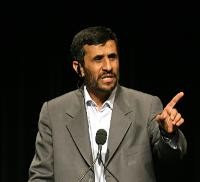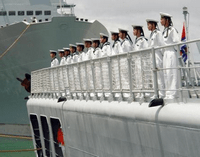
While the world doesn’t yet face a food crisis on par with the summer of 2008, it’s clear that the drought currently affecting the Black Sea trio of Russia, Ukraine and Kazakhstan — all big-time global exporters of wheat and barley — has suddenly made food inflation a primary threat to the somewhat fragile and decidedly uneven global economic recovery. At the very least, it reminds us just how tight global food markets are, due to the contradictory combination of rising middle-class demand and the enduring commitment by brittle governments around the world to keep prices low — at whatever […]










